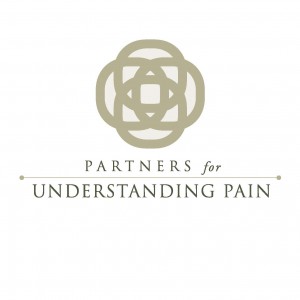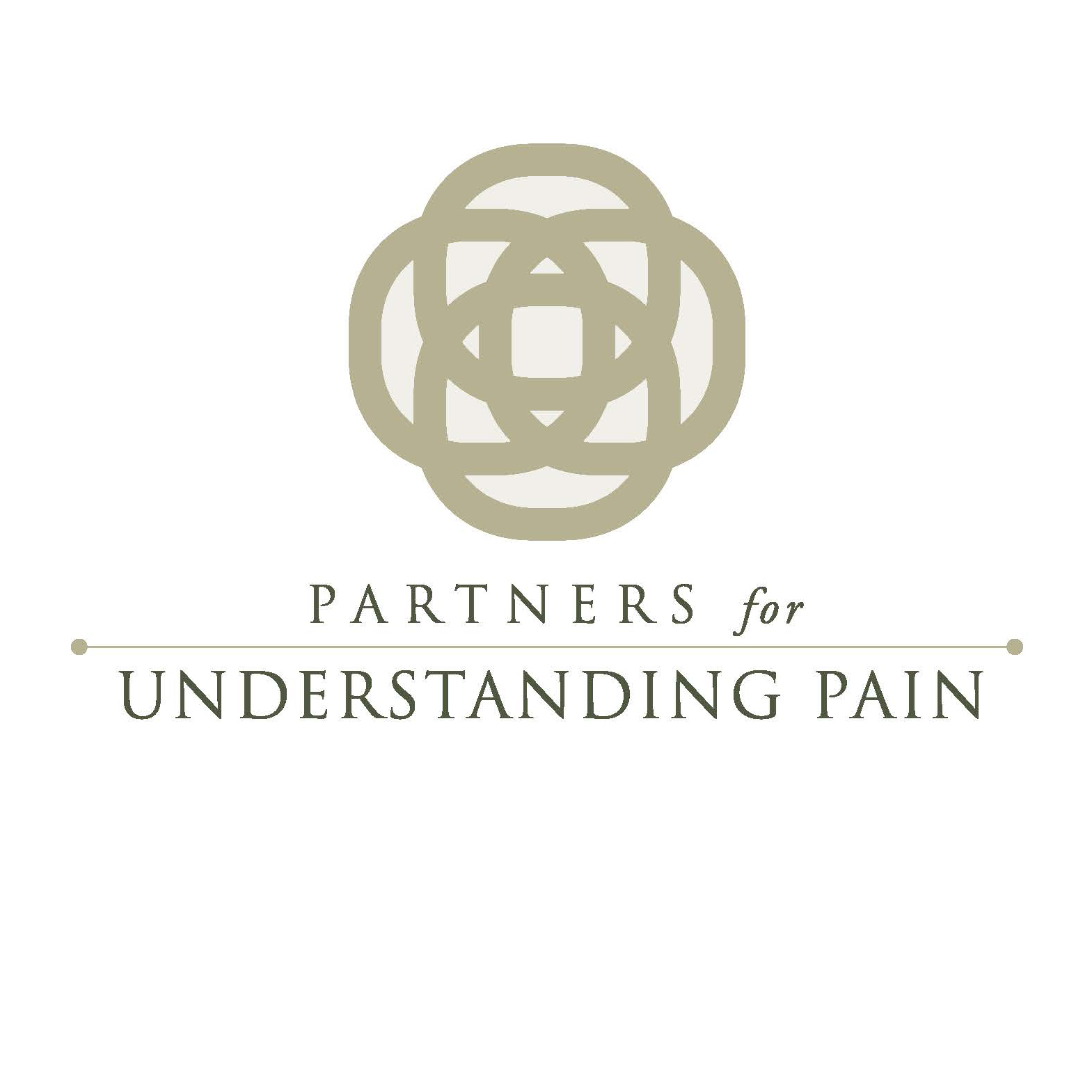Posted October 17, 2017
 As a member of the consortium Partners for Understanding Pain, NASW observed Pain Awareness Month in September. Although the observance has ended, NASW encourages social workers to educate their colleagues and clients about resources to prevent and address pain—and to advocate for comprehensive, integrative pain care—throughout the year.
As a member of the consortium Partners for Understanding Pain, NASW observed Pain Awareness Month in September. Although the observance has ended, NASW encourages social workers to educate their colleagues and clients about resources to prevent and address pain—and to advocate for comprehensive, integrative pain care—throughout the year.
Many people associate pain with advanced illness and with end-of-life care, especially among older adults living with cancer. Indeed, pain care is an integral component of hospice and palliative care programs. Yet, people of all ages live with pain, sometimes for decades, and for various reasons. Pain can be a symptom for people with autoimmune disorders (such as multiple sclerosis), for example, or it may result from an injury or a degenerative condition. Chronic pain can be difficult to address, and access to comprehensive integrative pain care is often limited.
National initiatives to improve pain care
The 2011 report Relieving Pain in America, funded by the National Institutes of Health (NIH) and produced by the Institute of Medicine (IOM), identified pain as a significant public health challenge that affects tens of millions of people in the United States every year. Subsequent work by the National Academies of Science, Engineering, and Medicine (which include the IOM) stated in 2017 that “pain is a leading cause of disability in the United States, affecting more people than cancer, diabetes, and heart disease combined.”
People of all ages live with pain, sometimes for decades, and for various reasons.
Building on the 2011 IOM report, the Interagency Pain Research Coordinating Committee developed a National Pain Strategy (NPS). The NPS, released in early 2016, identified objectives and action plans in six key areas:
- disparities
- population research
- prevention and care
- professional education and training
- public education and communication
- service delivery and payment.
Recent NASW activities to enhance pain care
NASW took three actions in observance of Pain Awareness Month 2017:
- The association helped the American Chronic Pain Association (ACPA), which convenes Partners for Understanding Pain, to update its pain awareness toolkit for health care professionals. The toolkit, which is available to the public as a free download, includes a variety of resources from NASW and other Partners for Understanding Pain member organizations.
- The association submitted a statement on integrative pain management in preparation for the inaugural Integrative Pain Care Policy Congress. This invitational meeting, convened by the State Pain Policy Advocacy Network and the Academy of Integrative Pain Management in partnership with the Alliance for Balanced Pain Management, the Integrative Health Policy Consortium, and the Pain Action Alliance to Implement a National Strategy, will be held on October 21 in San Diego. NASW Senior Practice Associate Carrie Dorn will represent the association at the event.
- NASW promoted Pain Awareness Month in various NASW media, including the NASW News, MemberLink, and SectionLink.
Questions for consideration
What roles do social workers play in pain care within your setting? What barriers do your clients face in accessing comprehensive, integrative pain care? Are you involved in educational or policy initiatives to enhance access to integrative pain care?
Do you have expertise in pain care? Submit a proposal for the 2018 NASW National Conference, Shaping Tomorrow Together. Health care is one of the primary topic areas, and the association welcomes proposals addressing all types of intervention (such as practice, policy, education, and research).
NASW RESOURCES ADDRESSING PAIN
NASW standards—health care settings; palliative and end-of-life care
What Social Workers Need to Know About Chronic Pain Management—NASW self-study course presented by Jeffrey Gorelick
Encyclopedia of Social Work (20th ed.)—includes articles on pain by Terry Altilio and Maris Pasquale Doran (2013, online version) and Terry Altilio (2008, print version), plus other articles on related topics, such as hospice and palliative care
Social Work Speaks (10th ed.) (NASW Press, 2015)—includes NASW policy statements “End-of-Life Decision Making and Care” and “Hospice Care”
NASW recommendations for the 2015 White House Conference on Aging—comments address access to pain management services and to hospice and palliative care
NASW-supported sign-on letter advocating for the Palliative Care and Hospice Education and Training Act
NASW practice tools, news, and related resources
NASW–NHPCO advanced practice specialty credentials—include credentials in health and in hospice and palliative social work
Health & Social Work—journal published by the NASW Press
Help Starts Here—NASW consumer Web site; includes information about pain
RESOURCES CREATED IN CONJUNCTION WITH OR SUPPORTED BY NASW
Pain Awareness Toolkit for Health Professionals (2017 update)—Partners for Understanding Pain/American Chronic Pain Association
Clinical Practice Guidelines for Quality Palliative Care (3rd ed.)—National Consensus Project for Quality Palliative Care
Dementia Care Practice Recommendations—Alzheimer’s Association; each volume includes content on pain management
Speak Up: What You Need to Know About Your Serious Illness and Palliative Care—The Joint Commission
A Call to Revolutionize Chronic Pain Care in America: An Opportunity in Health Care Reform—Mayday Fund
Advanced Care, Hospice, and End-of-Life Principles—Leadership Council of Aging Organizations
OTHER RELATED RESOURCES
National Pain Strategy—Interagency Pain Research Coordinating Committee
NIH Pain Consortium—offers seminars, workshops, resource library, research funding (including Centers of Excellence in Pain Education), and consumer-oriented information on pain in English and Spanish
Relieving Pain in America: A Blueprint for Transforming Prevention, Care, Education, and Research—Institute of Medicine
Dying in America: Improving Quality and Honoring Individual Preferences Near the End of Life—Institute of Medicine
Association of Oncology Social Work
Social Work Hospice and Palliative Care Network
Social Work Network in Palliative and End-of-Life Care electronic mailing list (Mount Sinai Beth Israel, New York City)
Society for Social Work Leadership in Health Care
CaringInfo—consumer Web site of the National Hospice and Palliative Care Organization; includes information about managing pain
Get Palliative Care—consumer Web site of the Center to Advance Palliative Care
Chris Herman, MSW, LICSW NASW Senior Practice Associate




